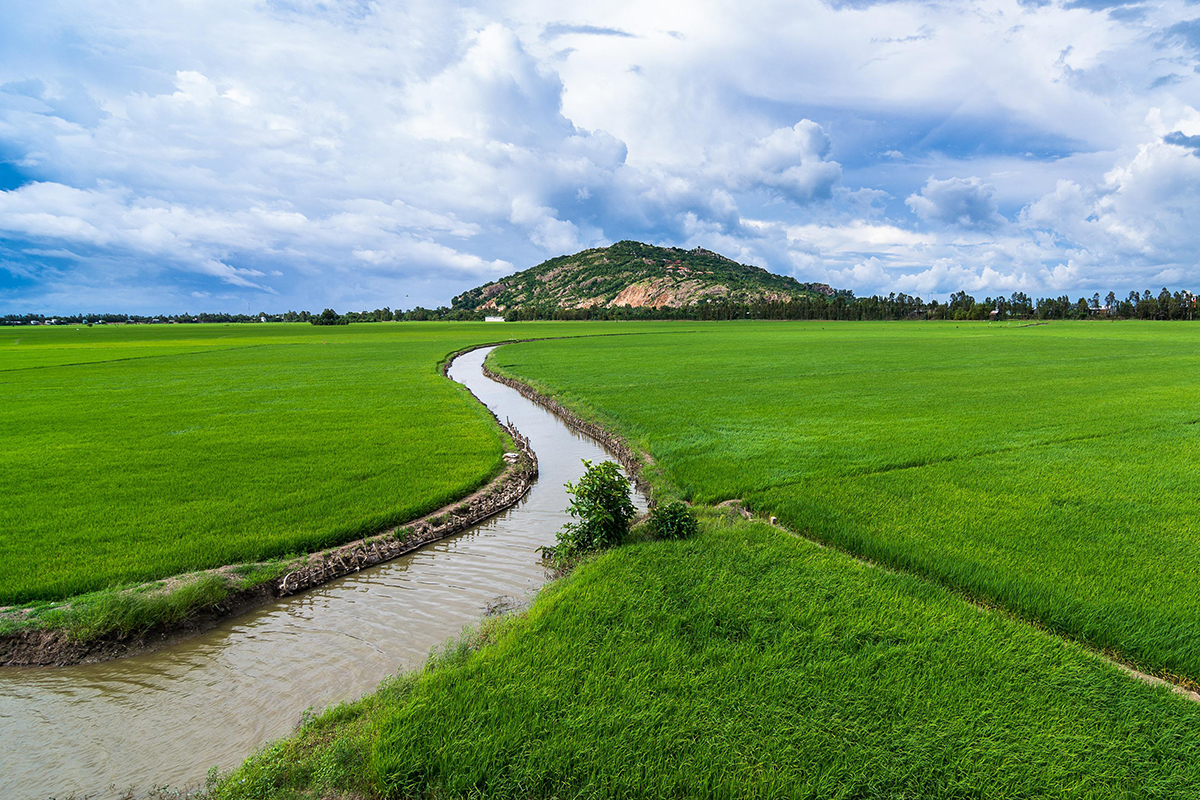Private jets, luxury yachts, expensive cars - worldwide, 0.5 per cent of the richest people cause more CO2 emissions than 50 per cent of the poorest and consume disproportionately more resources in the process. If the privileged were to cut back a little in the interest of a fairer distribution, society as a whole could deal better with climate change. This is suggested by findings from a behavioural experiment. Ilona M. Otto, a resource economist at the University of Graz, analysed the results together with international colleagues.
The experiment was conducted in the form of a game. The participants were farmers and students from the Chinese region of Hangzhou. The game simulated a small irrigation system with five parties along a canal. The challenge was to cope as best as possible with increasing drought. "The experiment shows that a fair distribution of resources is crucial for successfully adapting to changing environmental conditions, and that it is in the hands of the privileged actors to ensure this fair distribution," Ilona M. Otto summarises the results.
Several groups of five actors took part in the social simulations. These five had cultivation areas along the irrigation canal. The position was decided by lot. Those at the top of the canal were privileged because they were the first to take as much water as they wanted, those further down had to take what was left. In the first round of the game, participants had the option to invest financially in the maintenance of the canal. The more money everyone paid in together, the more water was available in total. In the second round, weather uncertainties came into play, so higher investments did not necessarily guarantee more water. As time went on, the drought increased. In the third round, the players could choose adaptation measures to optimise resource use: either buy a pump together, which required at least three players, or each invest in a weather service separately.
"Cooperative groups, i.e. those in which the players invested together and took care of each other, were much better able to adapt to the drought than less cooperative groups," reports Ilona M. Otto. What is particularly interesting is that it was the privileged actors who had a decisive influence on the group dynamics. "If those at the top of the canal took less water and thus distributed resources more fairly, all parties were more cooperative because they trusted each other more," adds the researcher.
Even if this finding from the experiment cannot be automatically transferred to other situations, it makes social dynamics visible and shows that justice can be an important driver for collective efforts to tackle climate change. "Making privileged resource users aware of their crucial role in fostering cooperation seems to be a sensible step to increase the chances of successful adaptation of society as a whole," say the authors of the recently published study.
Publication
Cooperation Enhances Adaptation to Environmental Uncertainty: Evidence from Irrigation Behavioral Experiments in South China
Sebastian Heinz; Ilona M. Otto; Rong Tan; Yingyi Jin; Thilo Glebe
Water, 2022-03, DOI: 10.3390/w14071098
